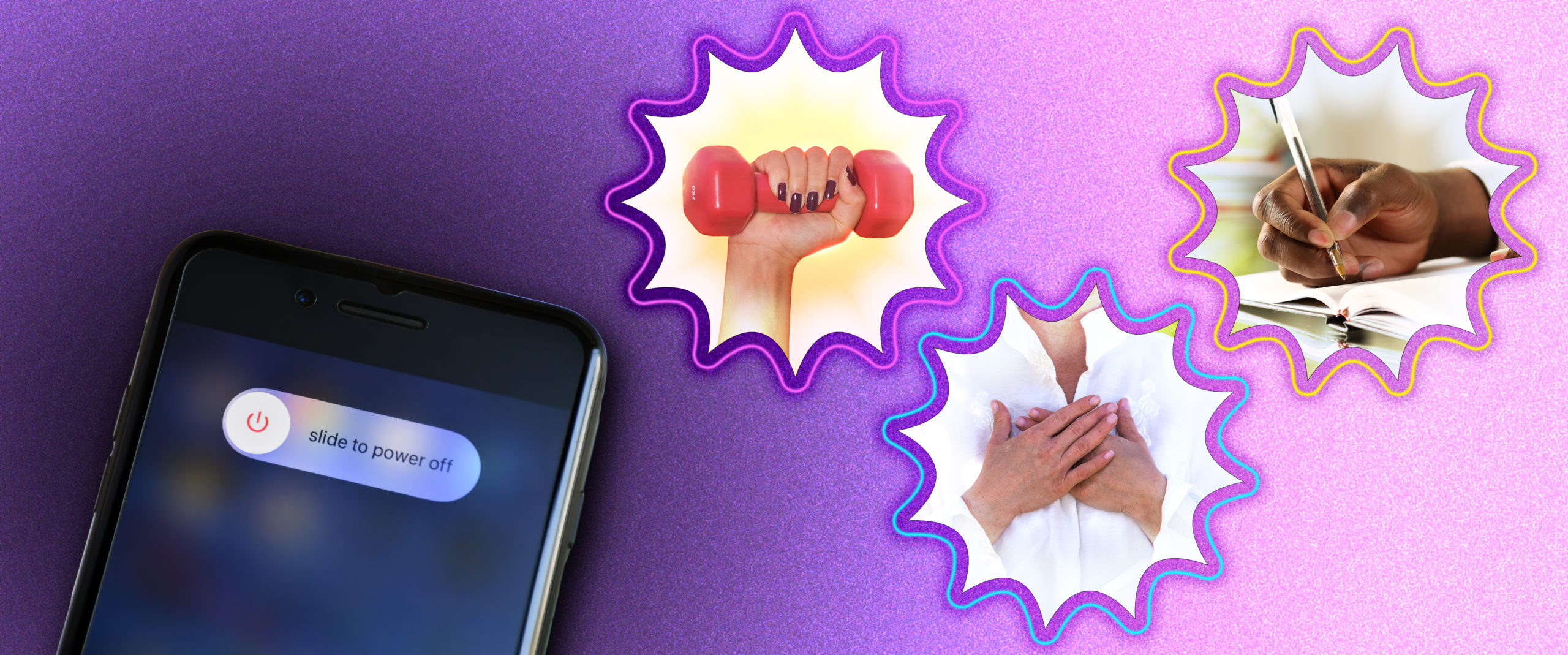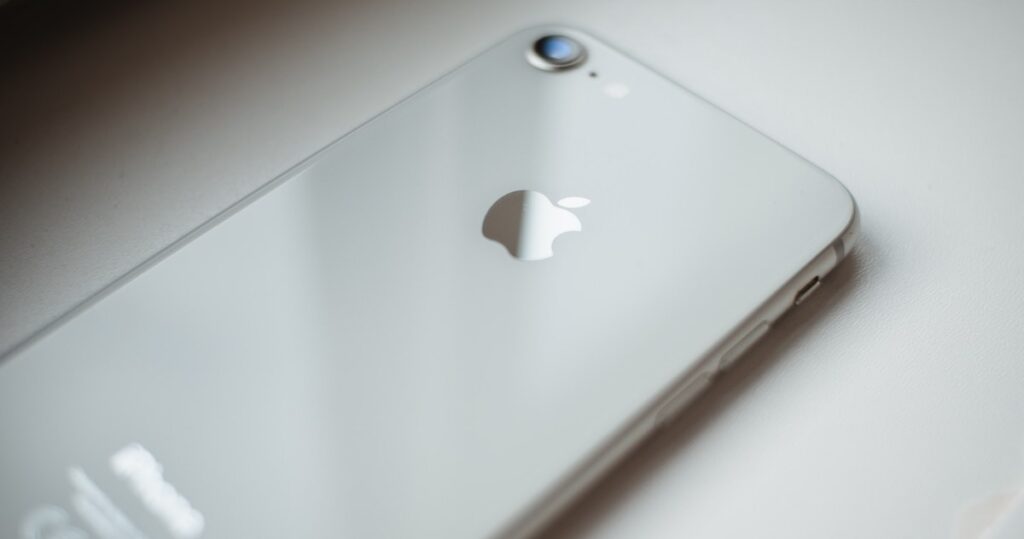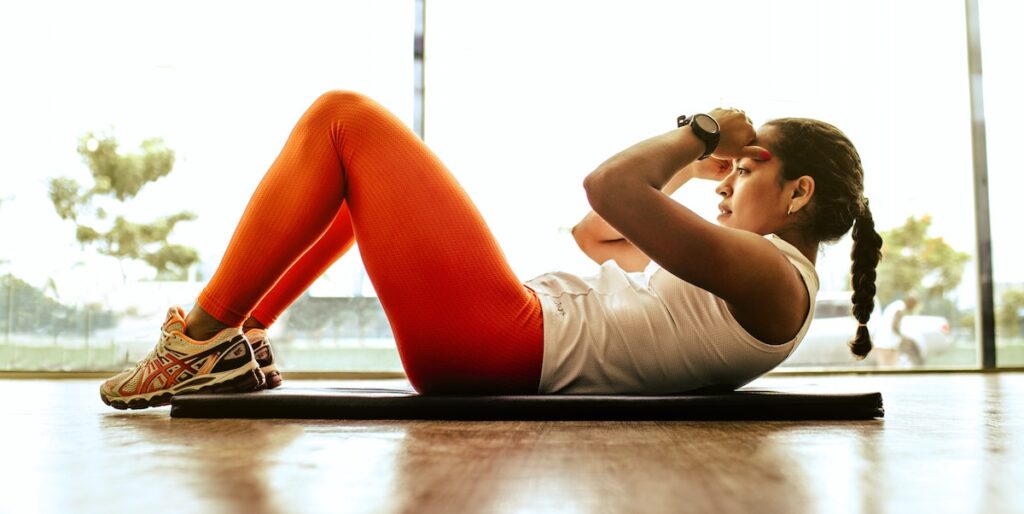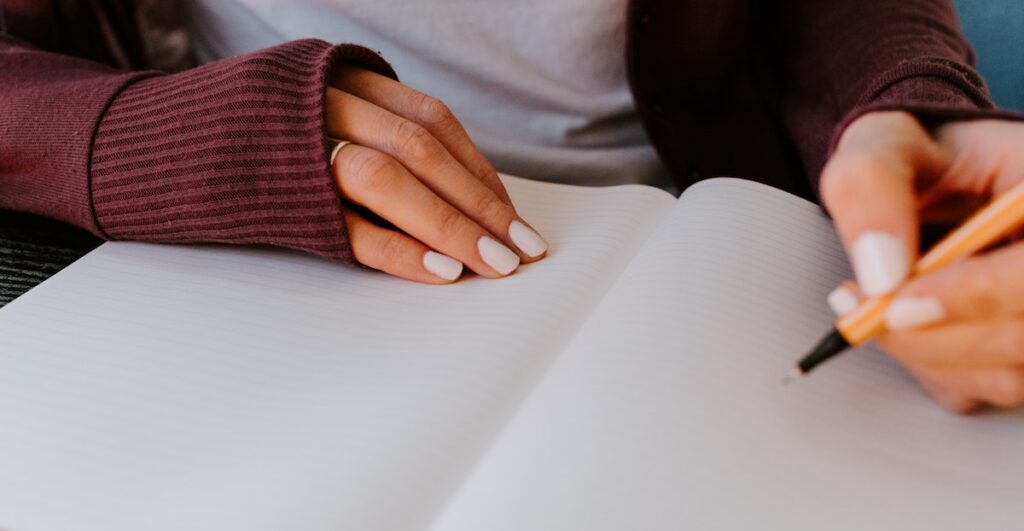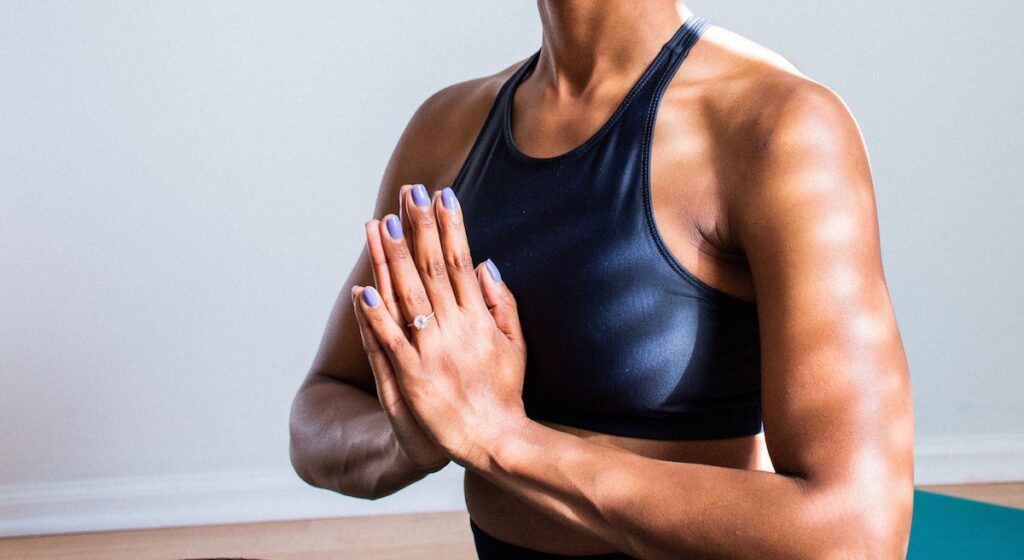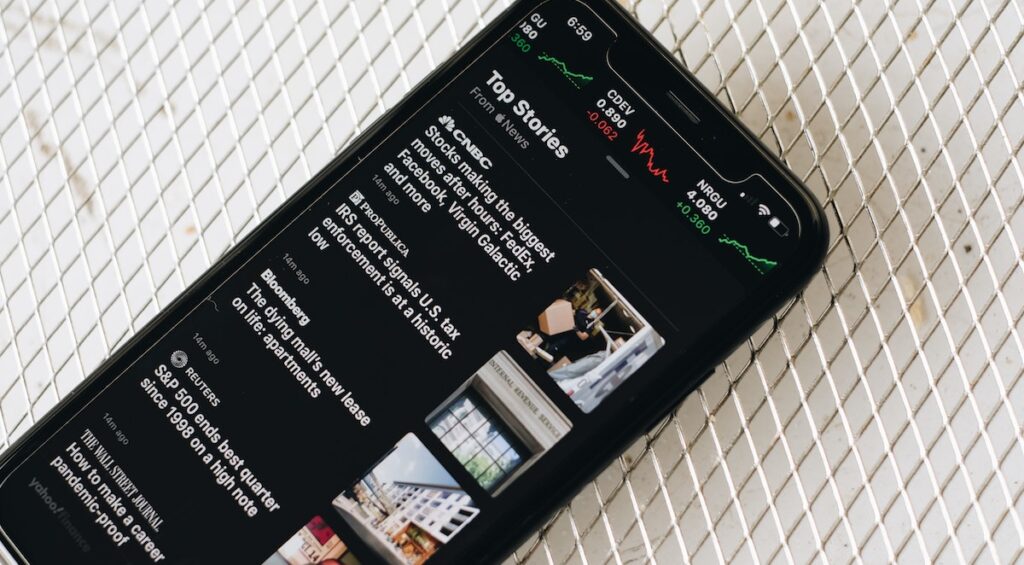Do you constantly feel an overwhelming sense of dread when you’re online? Do you find yourself in a constant state of “brain fog”? Are you currently experiencing anxiety and finding it difficult to focus and concentrate?
Well then you, my friend, may be experiencing a powerful case of social media and information overload. But do not fear! There is a way to combat this and recover, but before we do, it’s important to recognize where and how this issue comes from.
While information overload isn’t a new concept thanks to the internet, it wasn’t until 2020 that we really discovered just how devastating this abundance of information can be on our mental wellbeing. After all, in this year alone, we’re dealing with COVID-19 to its subsequent quarantine to the BLM movement to the presidential election, among a number of other events. Each one of these affects us all in some way or another.
According to “Stress in America™ 2020: A National Mental Health Crisis,” conducted by The Harris Poll on behalf of the American Psychological Association, 78 percent of adults state that the coronavirus pandemic is a significant source of stress in their lives. Furthermore, 60 percent of adults say that the plethora of issues that America faces is overwhelming to them.
Sometimes, looking at your feed is just a huge bummer.
For most people, social media is their emotional outlet—a place to go to simply scroll and not have to think. But with all these platforms becoming an informational and educational powerhouse for leaders to share insight and knowledge, social media is no longer that place for us to go to take a break.
Now, don’t get me wrong. I’m extremely thankful for the amount of education and information that’s being shared to combat all the negativity and misinformation spewing from the current administration. But…it’s a lot. It’s. A. Lot!
All of this information leads to anxiety, less productivity, stress, inability to focus, and so much more. Our daily routine is disrupted, as we’re less likely to eat well, exercise or get enough sleep. We become mentally and emotionally drained to the point that we begin experiencing major burnout. In a study done earlier this year by the CDC, it was reported that 1 in 3 Americans have demonstrated signs of anxiety and depression since the pandemic began.
Picking up your phone and tapping on a social media app to scroll through is pretty much second nature for many of us. We do it without any hesitation or second thoughts. So how do we break that cycle and allow our minds to take that much-needed pause to regroup and focus on us?
Option 1: Turn off that phone, and don’t feel guilty!
Yes, you read that right. It’s okay to turn your phone on silent, put on the “do not disturb” feature and step away. Place the phone in a separate room, under your bed, in the laundry basket, whatever! Just put the phone away. It will feel like you’re missing a limb the first few days, but you’ll be okay.
To get comfortable with this, I recommend starting off by putting your phone away for 10 minutes the first few days, then 20 minutes, then 30 minutes, and so on. You’ll begin to notice a drastic change in your mental health during those breaks.
P.S. Have you seen the iPhone’s screen time feature? It allows you to put a limit on the amount of time you can use certain apps each day!
Option 2: Get some physical exercise
Now, I’m not the most athletic person, nor do I work out as frequently as I should. However, I do recognize the importance of getting your body moving and the blood flowing. The National Institute of Health has stated that as little as 30 minutes of exercise done three times a week is sufficient to increase mental health benefits.
Option 3: “Brain dump” journaling
I found this idea to be interesting because there’s no structure to it. You literally take a piece of paper and just do a complete brain dump of everything that’s on your mind down onto paper. No outlines, no bullet points, even sentence structure doesn’t matter. Simply put it on paper and out of your mind.
Option 4: Meditate
I understand that meditation isn’t necessarily the top activity on everyone’s list, but I’ve heard incredible things from people who do it consistently for a quick 10 minutes in their day.
With the help of apps like Headspace and Breathe, you can breathe (pun intended) easily knowing that you have a respected app guiding you through the process. No judgement and no glances about whether or not you’re doing it right. Just you and the app.
Option 5: Set your boundaries
Out of all the options above, this is the most critical because it forces you to monitor and recognize your own mental health. The above suggestions won’t be helpful in the least if you don’t first take the steps to understand what is causing your stress and anxiety.
Spend a few minutes taking a good look at your schedule, your routine, who you’re speaking with and what your social media activity is on a normal basis. Find out what sources, information, and topics are making you anxious. Then, make adjustments to set up those boundaries to protect the thing that’s most important: you.
2020 has been a year, y’all. And while the year may be almost over, the racial injustice, the post-election nonsense, and sadly COVID-19, aren’t going anywhere just yet. The work to improve our world by learning and educating ourselves and others must continue, but in order to do the work, it’s crucial that we take care of ourselves first, so that we can take care of others.
